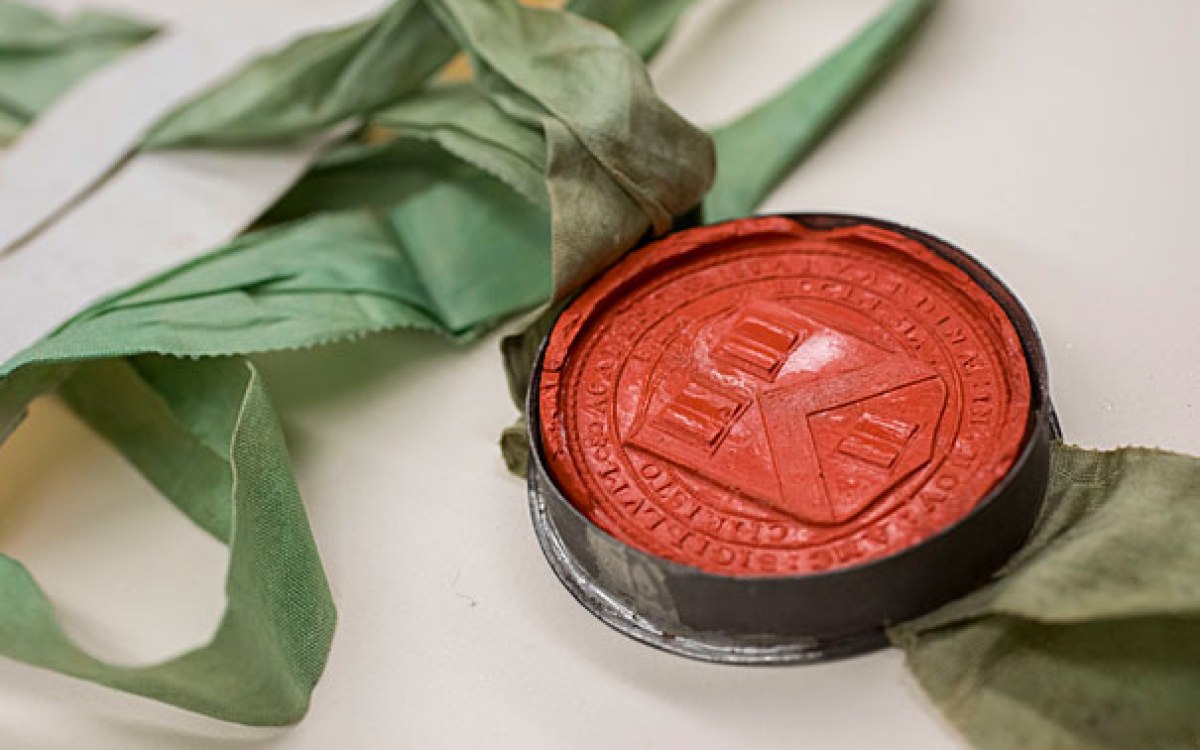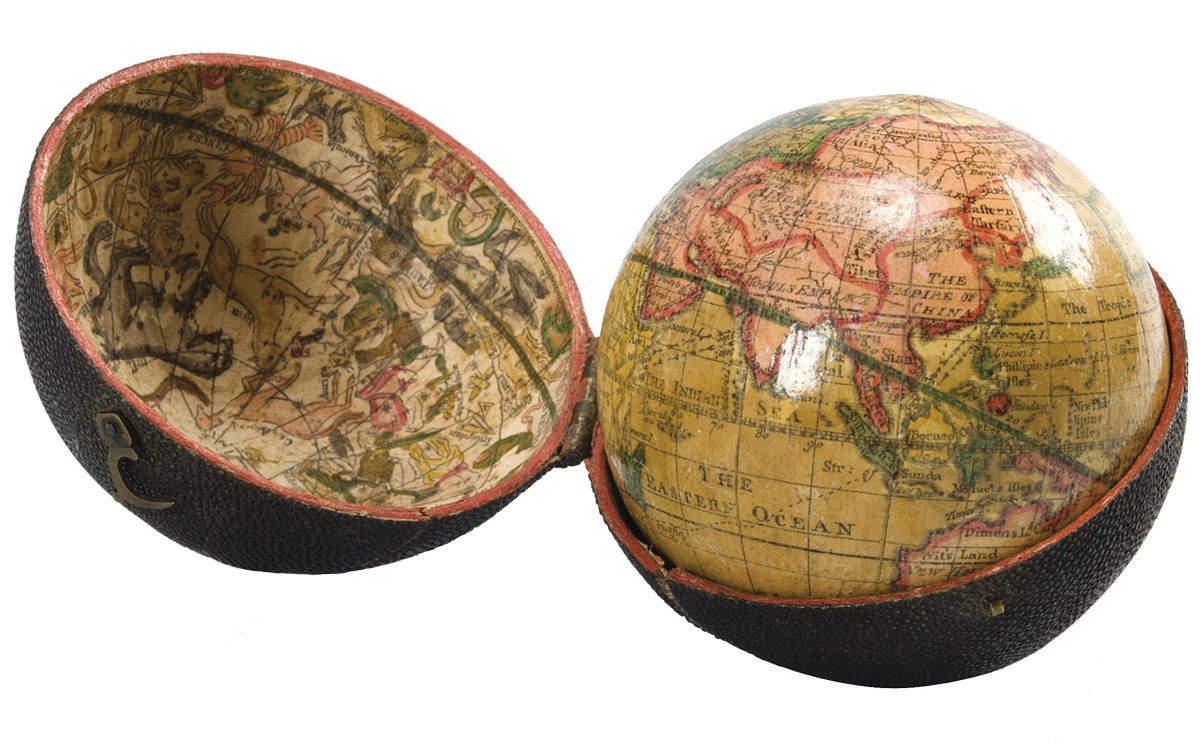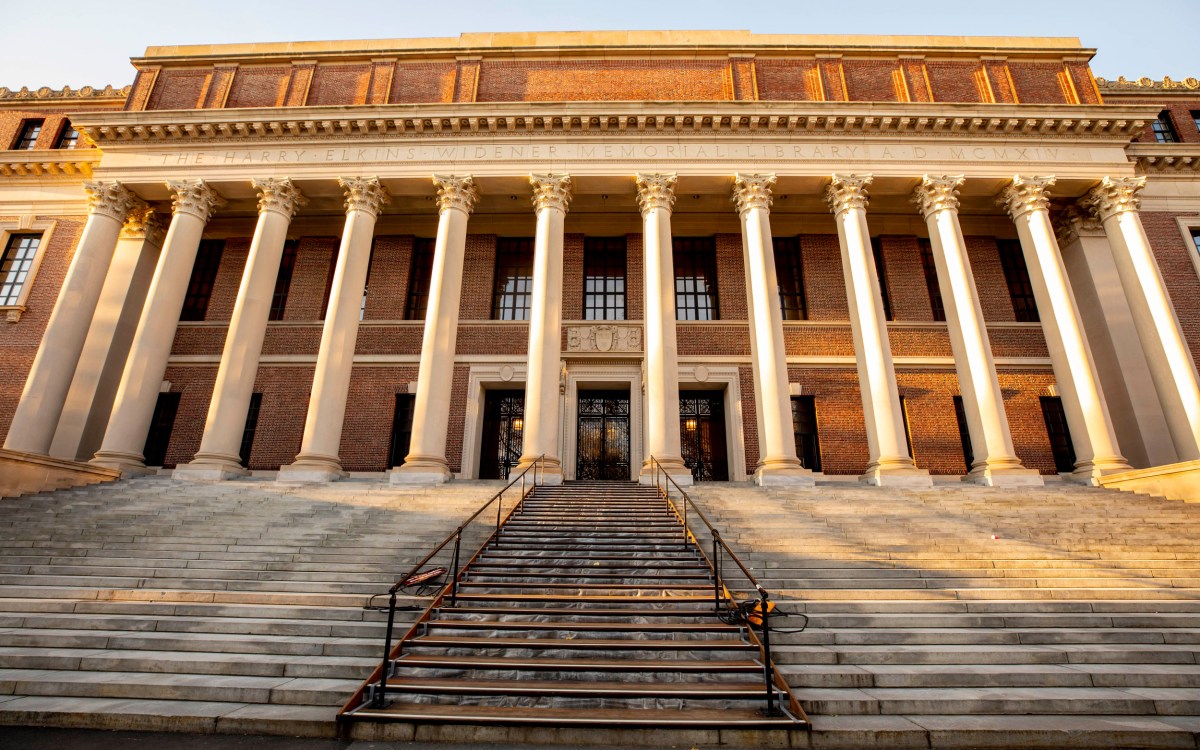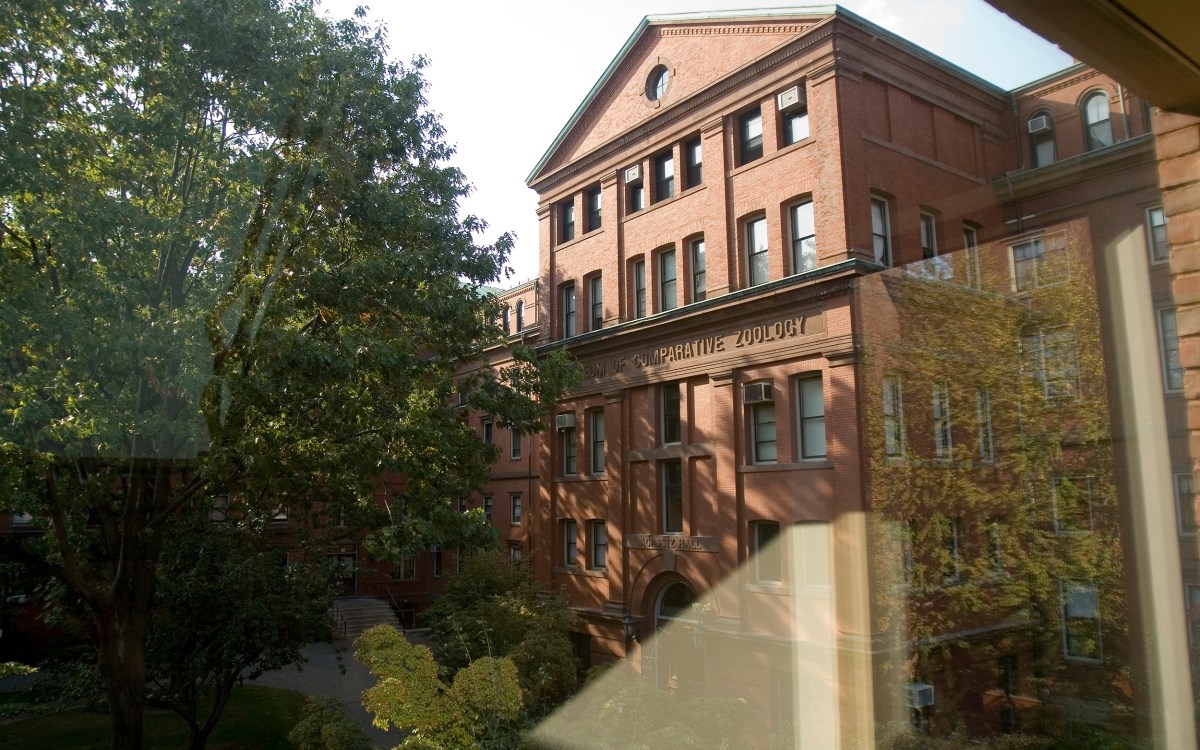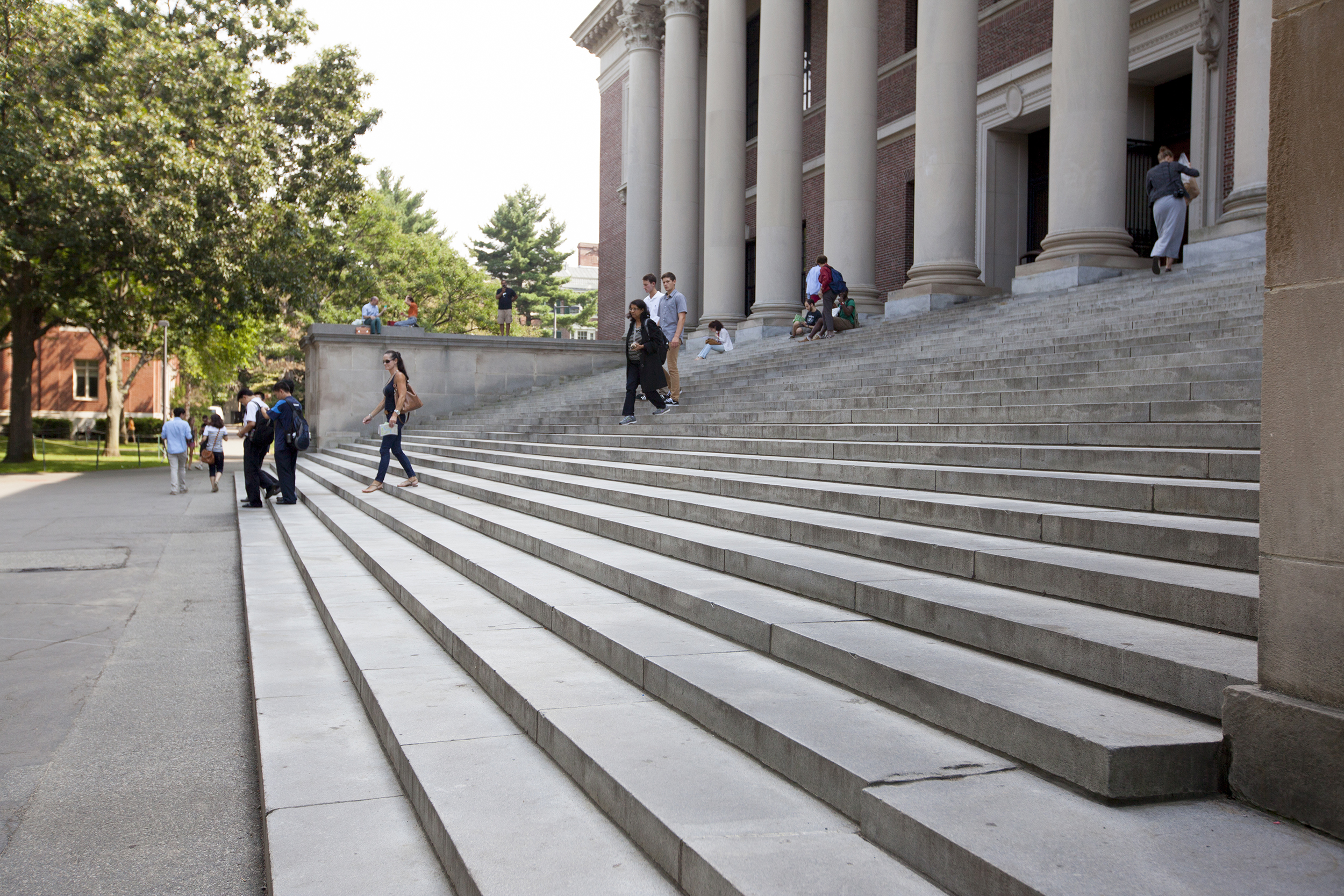
Harvard’s Widener Library.
Rose Lincoln/Harvard file photo
Harvard Library takes steps toward reopening
Current plans include circulating print collections from single location, resuming Scan & Deliver service
Harvard’s libraries have provided access to extensive digital collections and services for decades, but the remarkable tangible collections they’ve built over centuries have been behind closed doors since March.
Now, as Harvard plans for the phased resumption of research activities on campus, safely reestablishing core library services is a University priority — along with reopening laboratories and museums. The Gazette spoke with Martha Whitehead, vice president for the Harvard Library and University Librarian, about the library’s steps towards reopening.
Q&A
Martha Whitehead
HLC: Could you tell us how COVID-19 has affected the library’s support for research at Harvard?
WHITEHEAD: Harvard Library provides a great deal of online support for research, so in many ways we were well prepared when we transitioned to remote work. Although our physical doors have been closed, our staff have remained available for remote research consultations, live chats, and even media help. We’ve also been expanding our collections with new online content and enhancing access to more than 6 million items digitized from our print collections. Another nice example is that we’ve been sharing research on COVID-19 as quickly as possible by curating datasets in Dataverse and expediting deposit of research papers into DASH, Harvard’s open access research repository.
At the same time, we know that research has been hindered by lack of access to our tangible collections. In some disciplines and in some parts of the world, print publications still prevail and there is no online equivalent. People depend on our physical collections — when we closed, for instance, we had nearly 1,000 items on the hold shelves, 2,000 items requested, and about 38,000 items checked out to graduating students alone.
HLC: When will physical libraries reopen, and will this happen at the same time as research labs reopen?
WHITEHEAD: We began our planning at the same time as the research labs and have been closely aligning with them. For example, our safety guidelines are based on those developed for the labs and adapted for particular library requirements. We’ve also been engaging in University-wide preparations for reopening.
The science research labs will begin reopening ahead of the libraries, and we’ll learn from their experience and follow as soon as possible. The safety of our staff and community is first and foremost on everyone’s minds.
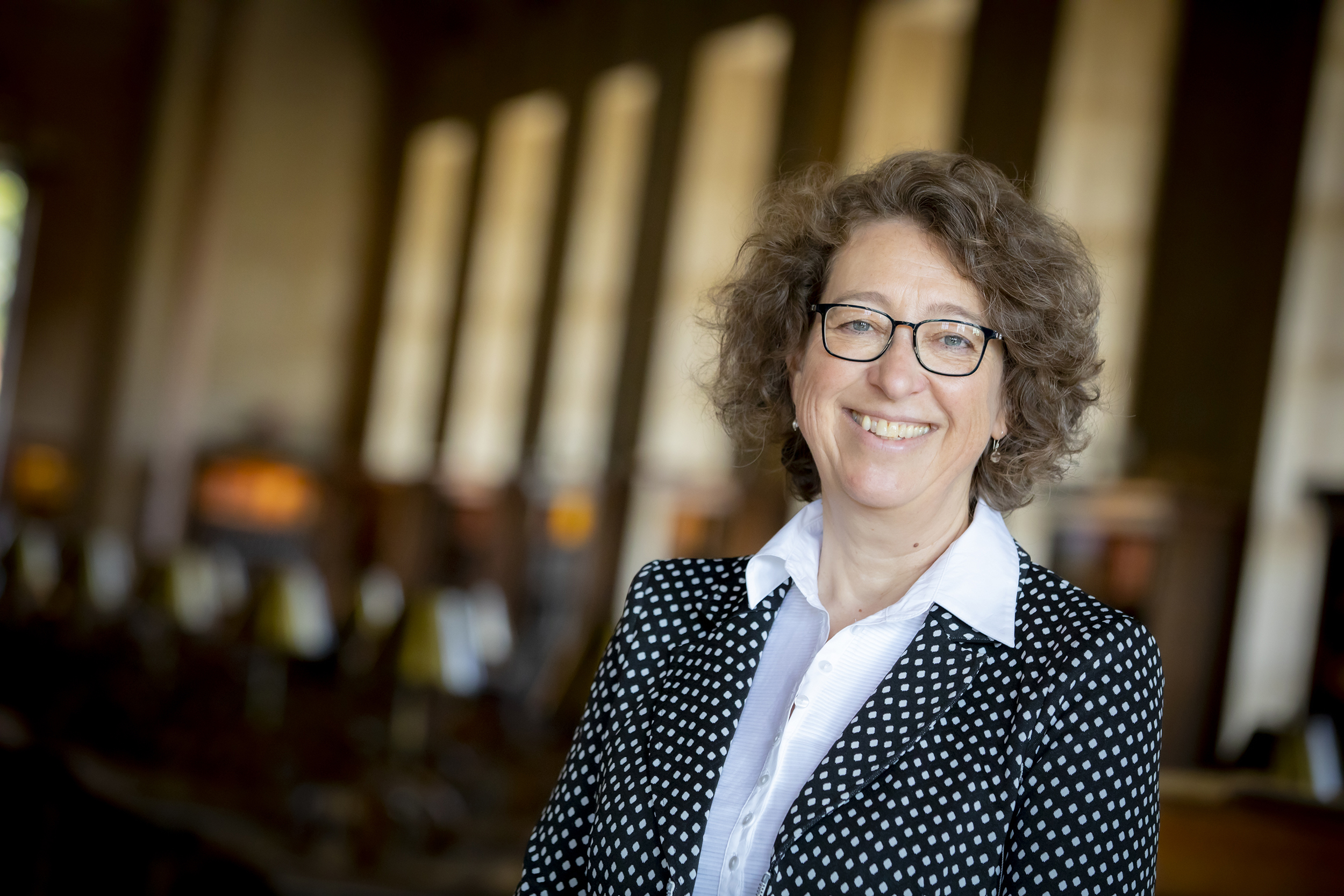
HLC: What does the timeline look like for restarting on-campus library services and reopening library spaces?
WHITEHEAD: Initially, we plan to circulate print collections to Harvard faculty and students from a single location and resume the Scan & Deliver service while libraries remain closed. This will include faculty requests to digitize materials for remote teaching in the fall.
We’ll start with a limited pilot for items in our largest repositories, to test safe workflows, and then expand to other collections. Further down the road, as circumstances allow for greater population density, we will resume user access to physical libraries, likely under new limitations.
All of this is predicated on first ensuring the safety of our staff and community, aligning with University, local, state, and national guidance. We’re preparing to begin reopening later in June, but it will depend on how plans evolve across the University. In the meantime, we are seeking feedback on our draft plan.
HLC: When will I be able to borrow a book?
WHITEHEAD: We know faculty and students are eager to access more of our collections, so one of our first services to restart will be our Scan & Deliver service, which fulfills on-demand research requests and curriculum needs with scanned and emailed materials. Requests for scanning course reserve materials will be one of our top priorities.
Physical book-borrowing, in a limited capacity, will restart when Scan & Deliver does. At that time, our services will focus on Harvard faculty, students and staff. We’ll have a single pickup location in the Lamont Library lobby and will initially limit requests to items held in Widener, Lamont and the Harvard Depository as we test new safe workflows. Then, we would expand on-request access to physical items in other locations.
One change to our workflows will be in the handling of physical items, to address risks of coronavirus transmission on surfaces. We’re monitoring research on how the virus survives on different types of library materials and how they can be handled to mitigate exposure and keep our community safe.
We always like to remind users that you can borrow a book digitally, too! There are millions of books and journals available for Harvard ID holders to borrow online, and we’re acquiring more all the time. And we currently have access to more than 200,000 digital copies of books in our collections, through the HathiTrust Emergency Temporary Access Service. All these materials are available through Hollis.
For special collections and archives that can only be accessed in on-campus reading rooms, we want to hear what researchers need and provide digital copies if possible. Some special collections items are already digitized and available online — including Emily Dickinson’s handwritten poetry and 700,000-plus digitized pages from Colonial North America.
“Our restart plan does include eventual user access to physical libraries in some capacity; unfortunately, it’s just too early to know when that will be.”
HLC: What is the plan for restarting access to other things I might typically use the libraries for, like study spaces or technology I don’t have at home?
WHITEHEAD: One of the things that’s been made clear to me over the last few months is the importance of physical library spaces. Whether it’s a class taught in the Widener Memorial Room, a favorite study spot in Lamont, or a booking of the media studio in Cabot, there’s a lot our users have missed out on during this public health crisis. We want to enable use of our physical spaces as soon as possible, but we need to prioritize the safety of our staff and our community.
More like this
We’re restarting access to collections first, because this can be done within the low-density requirements of the University’s first stage of reopening campus. Our restart plan does include eventual user access to physical libraries in some capacity; unfortunately, it’s just too early to know when that will be.
For anyone missing our libraries right now, our new virtual tour of Widener Library might brighten your day.
HLC: If I’m a graduating student, is there a way I can return library books from home?
WHITEHEAD: Yes! If you’re graduating and you have outstanding library books or other materials, please get in touch with our Access Services team. They will coordinate with you on the best way to get your materials safely back to us.
HLC: How are the books doing? I know some books and other items in the collections are very old or fragile — are they safe right now?
WHITEHEAD: All our collections are in good hands right now, thanks to our operations staff. The folks in Building Operations, who are on-site essential workers, are diligently maintaining safe and secure environments for the various collections. This can include setting and monitoring security alarms; conducting regular security patrols; controlling temperature and humidity; and monitoring and maintaining HVAC systems.
The paradox of a library system like ours is that we want our collections to be as widely accessible as possible, while knowing that rare or fragile collections are often safer when they’re not being handled. With their environments stabilized, our collections are doing just fine without us — how we’re doing without them, of course, is another matter!



